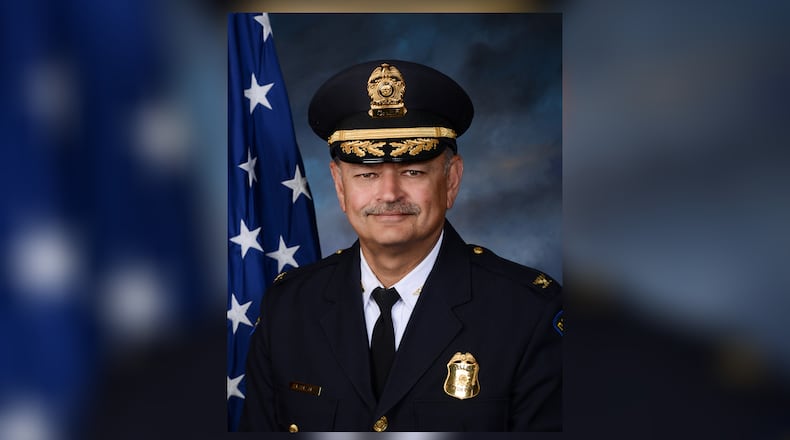The challenges that face our profession are complex, multifaceted, and well documented. Police departments, such as ours, are understaffed and recruiting new officers is as difficult as it’s ever been. There are many reasons for this, among the challenges are that law enforcement is one of the few professions where something thousands of miles away can impact how people feel about our own officers.
Often times those issues within the profession, regardless of where they occurred, are amplified by media coverage. Conversely some of the great work done on a regular basis goes underreported.
Mental health challenges can also contribute to some of the difficulties. Whether that’s dealing with various mental health calls on a regular basis or not having the time to properly decompress between calls for our own officers due to the staffing situation and high call volume.
Recently, the department launched a wellness program and wellness application to give police employees some tools to evaluate their overall wellness and take control of things that may need attention. Employees who are well in their lives have a better outlook and can be happier and more productive in all facets of their lives, including on the job. This can also translate to better morale. While better morale can mean better retention, the wellness efforts aim to promote healthier, happier people. Many departments across the nation are setting up these types of wellness programs.
The challenges facing police departments today, such as ours, require a collaborative and proactive approach from both law enforcement and the community. Community members can actively participate in crime prevention efforts by reporting suspicious activity, cooperating with law enforcement investigations, and supporting initiatives aimed at addressing the underlying factors contributing to crime.
Another way the Dayton Police Department is working through some of the challenges facing this profession is by investing in technology as a force multiplier. This technology adds resources to multiply the efforts of our human resources in crime prevention, patrol operations, and investigations. These investments are crucial as we work to keep the community safe and hold those who do harm accountable, providing a sense of security and peace of mind to the Dayton community.
Despite some of these challenges, I am proud to be a part of this profession and the Dayton Police Department and encourage others to pursue this important career field as well.
Kamran Afzal is the Director and Chief of Police for the Dayton Police Department.
About the Author
